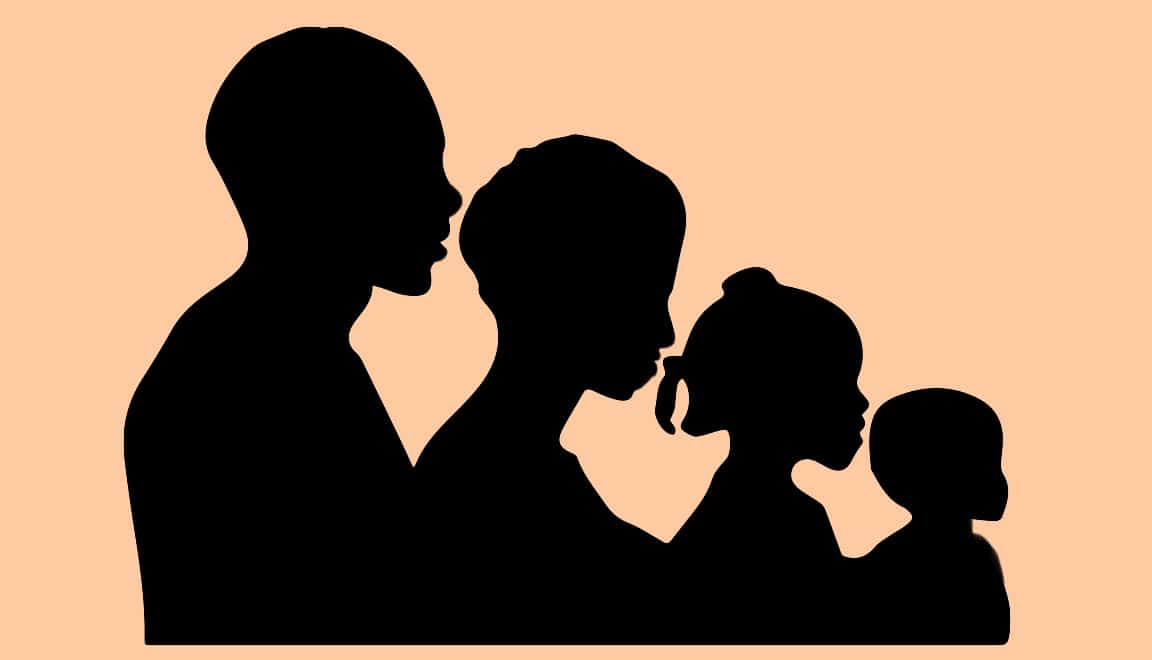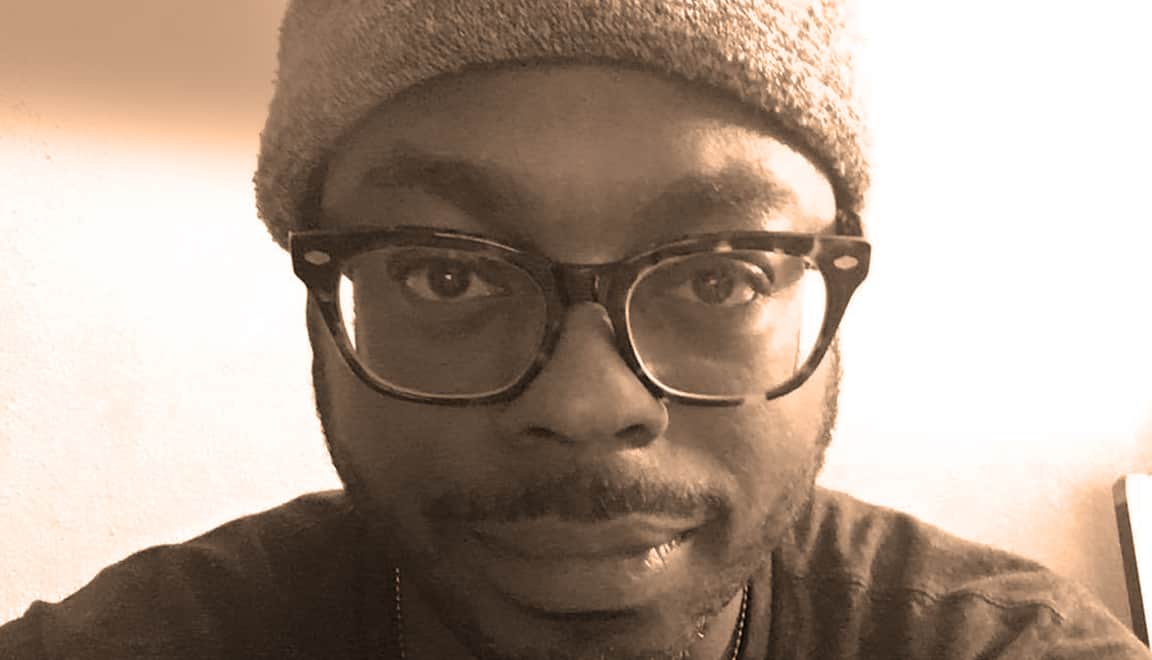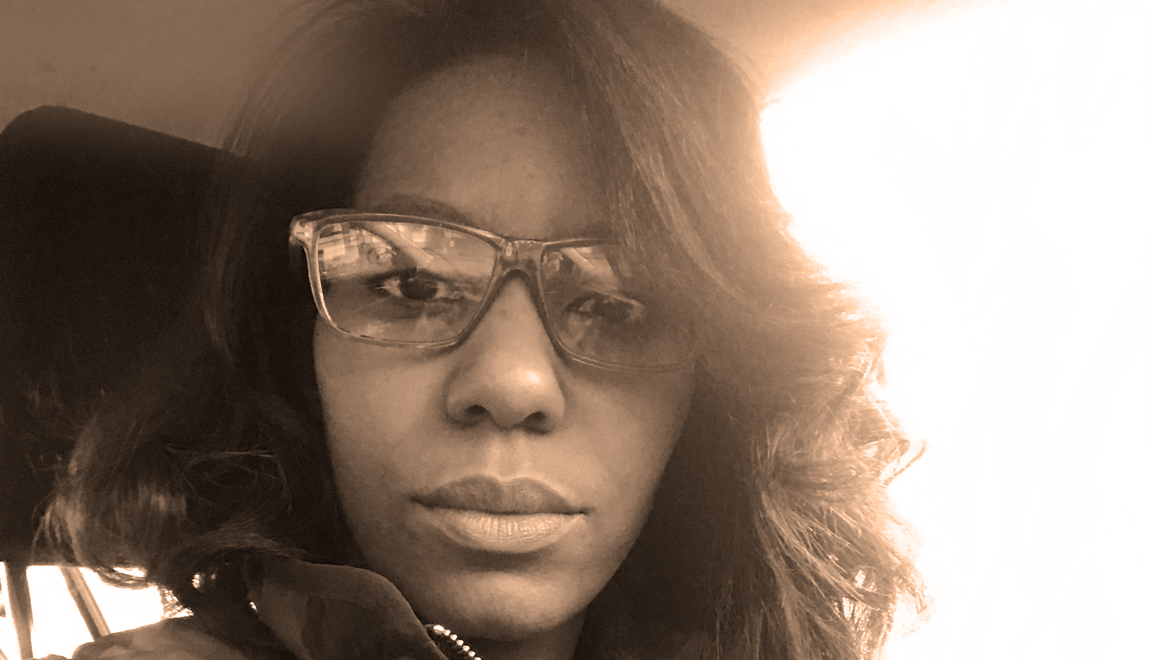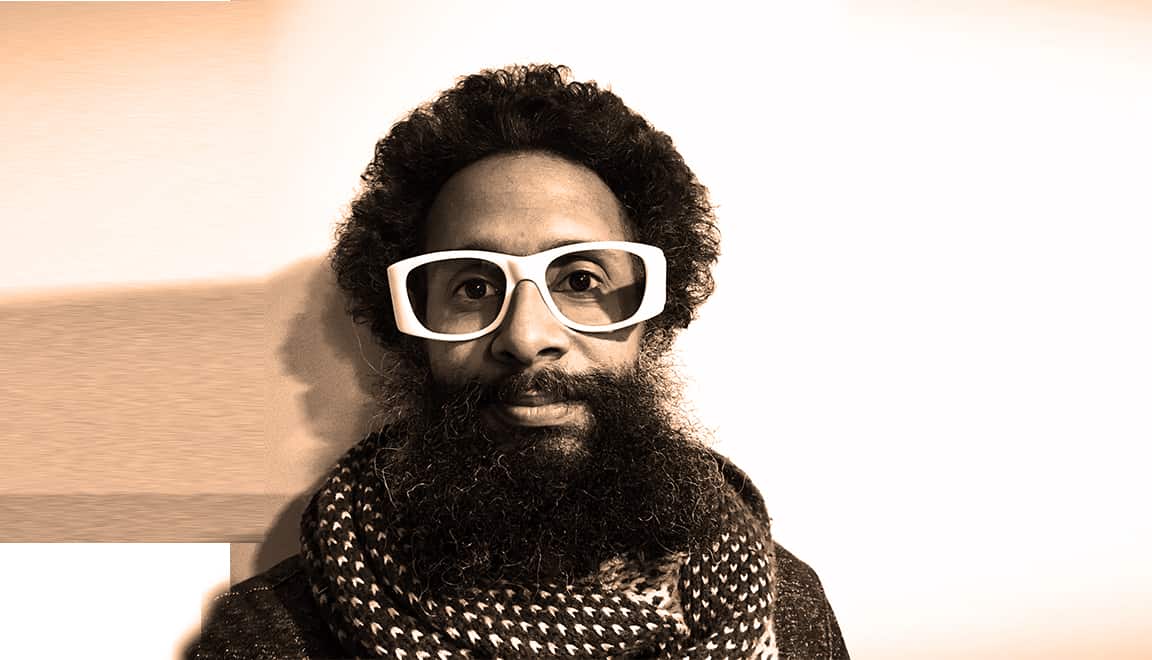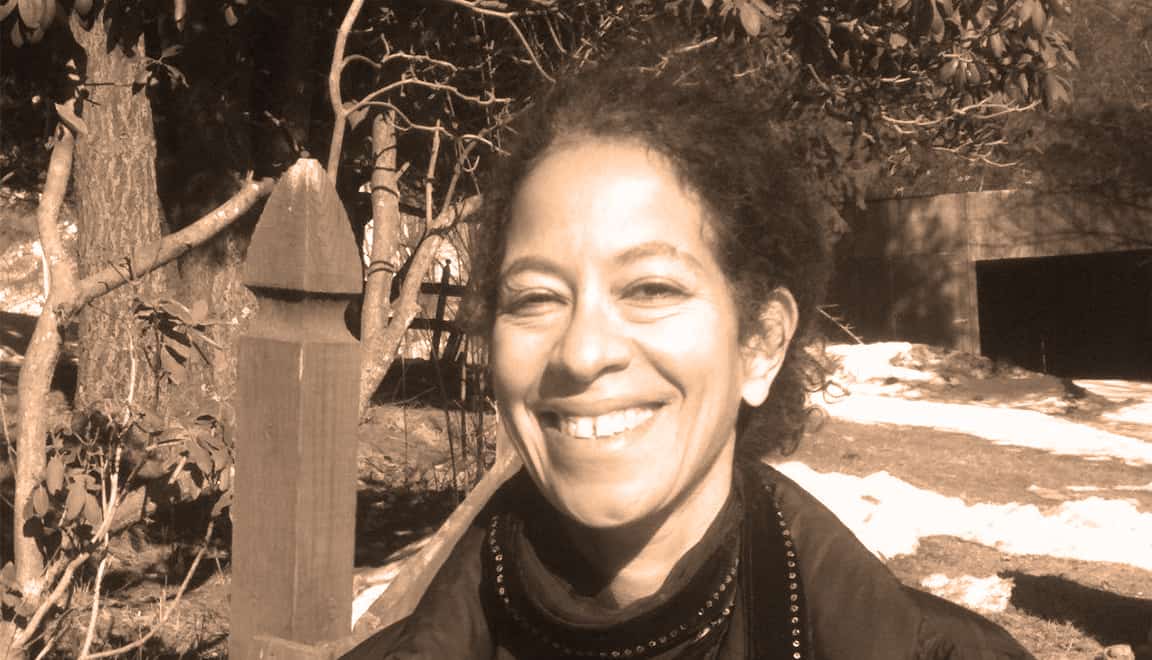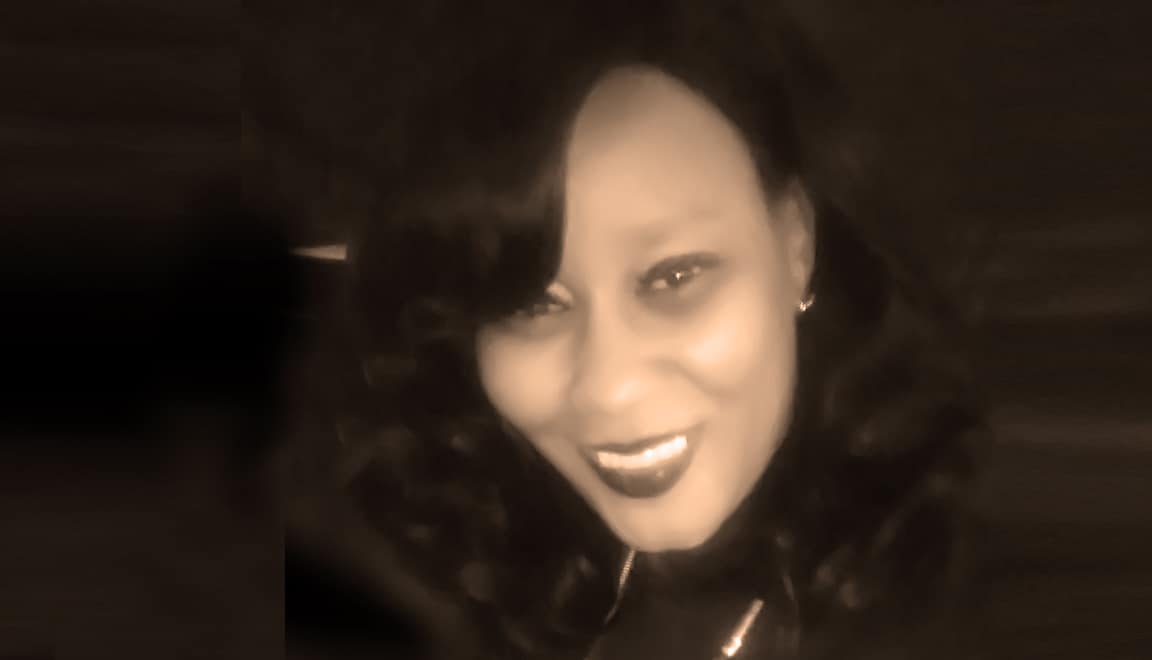My Blackness has come to mean my power. I walk into a room, and everybody notices my beautiful melanin-rich skin. The white folks try to impress me with their knowledge of shoes or basketball, both topics I know nothing about, but regardless they seek my approval. They are astounded by how my hair defies gravity and resembles the texture of the bushes and trees that make up our extended family, my skin the tree bark. Mother Earth is a Black Woman. The sun kissed me when I was born, and I am reminded every day it will never hurt me. My culture is magnetic. It’s irresistible. It brings out the true expression within all of us. My Blackness is stylish. It corresponds with all the latest trends and fads of the time. I woke up like this. My Blackness is resilient. My Black don’t crack. Like fine wine I look better with age, the fierceness of my glow grows stronger with every decade, as my people’s impact on the world gets stronger every century. My Blackness is Love. Just like when the passion bubbles up inside and comes bursting out, I cannot hide my Blackness. Some embrace it, others run away from it, not because it is inherently good or bad, but because it is powerful. My Blackness is nurturing. My Blackness is real. My Blackness tells a truth that some cannot handle. My Blackness is beautiful and never ceases to amaze me.
Lovett
(he/him)
I went away for a long weekend to a small Pennsylvania town this past President’s Day weekend. I was aware of the fact, but had not given it much thought, that this part of the state heavily favored Donald Trump. As I waited at a pedestrian crosswalk for the walk signal, an older gentleman and his acquaintances walked up behind me. He began to talk loudly as if he wanted me to hear exactly what he had to say. Out of nowhere, he went on to say that President Obama was the worst eight-year president in the history of our country. It was as if he was trying to get a rise out of me. I immediately realized his intent and decided to ignore him. Nothing good could come from engaging. I had forgotten that encounter by the time my date and I decided to visit a local eatery. We walked in and took a seat, but for 20 minutes we were ignored by the staff. Finally, my date had enough and demanded we leave to preserve our dignity. If you are white, imagine how you would feel when you go to another country and you realize that your appearance is different and you stand out. You know you must be on guard for all kinds of potential problems, and rightfully so. That can be extremely stressful. Now imagine you have to feel this way in your own country for much of your life! Imagine the damage it does to you.
Erica
(she/her)
Once, when I was 13, I attended a dinner. It didn’t resemble the types of dinner parties I found myself attending those days. I assumed an extravagant meal of fine preparations, as usual. This time was different. We gathered that evening to share an experience, a memorial to a man who had connected us all. Tonight he was missing. I was seated among family at a table, elongated by the addition of another slightly shorter table, both covered by white tablecloths. Seated at the shorter of the two tables, I was crowded in with my first cousins. At the adult table sat the Aunts, the Uncles and my dear parents. Youth of this family were about to embark on a unique, effective and unforgettable learning experience. The table wasn’t adorned with silver flatware, the prepared meal wasn’t served on fine china, and we weren’t making toasts with crystal glasses. Instead, in front of us were tin pie pans for meal placement and assorted repurposed glass mayonnaise jars for drinking. The meal consisted of the less desirable cube steak as the main fare–the kind of meal my grandfather and his family ate many years ago, strained within their means. That evening we celebrated the life of my grandfather, Pops. In one another’s company we laughed and shared stories striking bittersweet emotions, gathered in love as his offspring had done so many times in their youth. A new generation, now awakened in and by love.
Rachel
Whenever I apply for something online or over the phone, like a job or a school, the first thing I wonder when the communication ends, and ends well, is: “Oh, dear. Do they know I’m black?” I mean, did I type or speak too code-switched? I mean, maybe it’s just me, but…I don’t wake up black. I don’t yawn and roll out of my bed a fully-actualized, weight-of-history-and-slavery-and-disenfranchisement-and-oppression-and-racism’s-continuing-drain-on-American-society, black African-American. (That shit doesn’t happen till at least after I’ve brushed my teeth. And usually, not til I step out my front door.) So, will I go for the official interview and be greeted with wide, perplexed blue eyes because I’m just so darned—as my mother’s generation puts it—tall? Because it’s pretty much like I said: I’m not black sitting at home in bed. When I step out the door is a different story. One that starts and ends with my skin, as far as the world-at-large is concerned. Unsurprisingly, I tend to prefer phone interviews to in-person ones. Even if I have to ask myself that question: Do they know I’m black? And I always ask it. And a lot of times, on the heels of it: Do I?
Micah
(he/him)
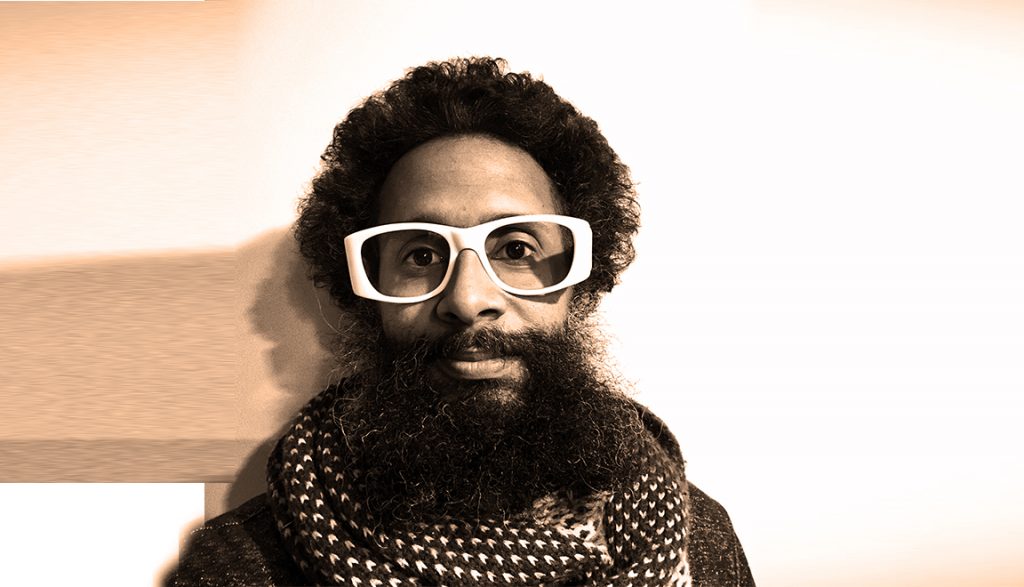
Can I touch your hair? Is your beard real? Can I take a photo with you? Dude, you’re so cool! Especially the drunk white chick or the group of dudes in the bar that just can’t control themselves. This is also how some white people see me. Or rather, how they don’t see me, but rather some idea or figment of me. Depending on how I was wearing my hair, I have been told I was Indian, Spanish, Rastafarian –“Ja Rastafari”– Ethiopian — praising Haile Selassie. Muslim — “assalam o alaikum” — or some form of Jewish, often sephardic. Or they simply call out the name in their head so that they can fit me into the proper slot in their mental filing cabinet — Bob Marley, Jimi Hendrix, Be Real, that guy from LMFAO, that guy from TV on The Radio, Reggie Watts, that guy in that commercial, or as the Dominican Republic likes to call me, Osama Bin Laden. Those are just a few. The thing about being black is that it is as open as anything. By being me, I am being black and thus the definition of being black is expanded. There is no way to be black. I just am black. I am also just me. I don’t speak for all black people. If I say yes to you touching my hair, you would be a fool to assume that that means we are all ok with you touching our hair — I can assure that is not the case.
Dara
(she/her)
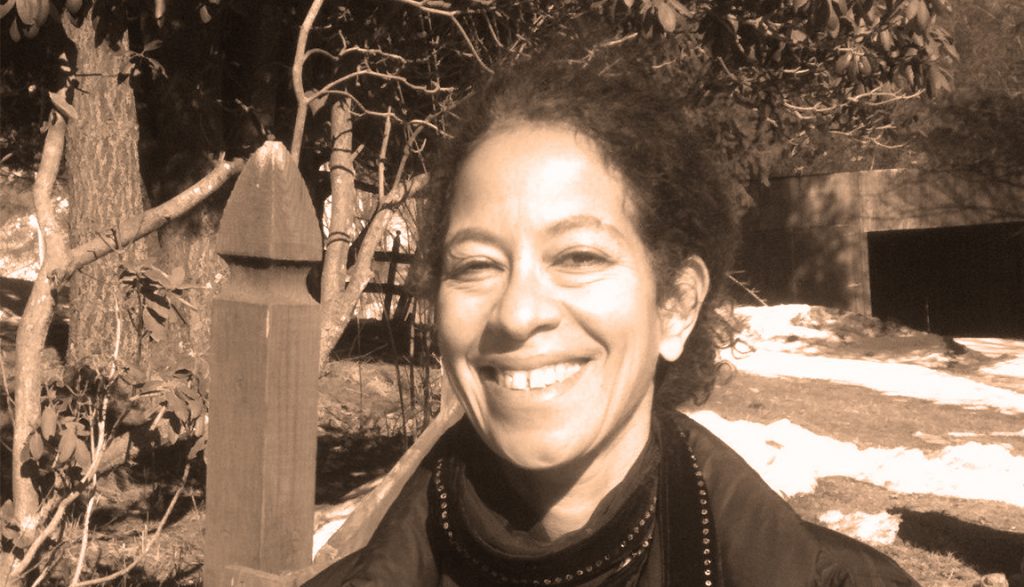
Once, in Portland, Maine, a skinny white boy in grubby clothes calls me ‘nigger.’ He waits until we pass each other on the street to hurl the insult at my back. Amazed, I turn around to stare at his receding form. The intent of this word is clear, to diminish my value and cut me down to size, but I feel no such effect. I laugh to myself or possibly out loud. I’m thinking of how my mother, over all the years of our bitter arguments and prickly standoffs, managed to pour so much of her fighting spirit into me – instructions in a kind of pride I’d often found exaggerated –– all so that I’d be able to withstand exactly this encounter.
Shai
(she/her)
My earliest memory of my mother was at the age of six. This is when she taught me how to become a thief. Walking down the street with my mother, in what I thought was an ice cream run. She kneeled down to me and said, “Angel eyes”–this was her nick name for me me since birth–“I need you to sit on that bench and don’t move. And you better not talk to any strangers. You understand?” “Yes,” I said. “I have to go inside this store for one minute,” she continued. I watched her as she entered the store. She entered the store as a slim woman,and walked out as a fat woman. I didn’t understand, so I asked lots of questions. “Terrlyan, why did you go in the store slim and come out fat? Why are you walking like that? Why?” “Little girl,” she said, “stop asking me all theses questions and walk faster.” “Yes Mommy! I mean Terrlyan!” She never liked for me to call her mommy. Every time I did she would respond, “What did I tell you to call me?” I would then apologize and try not to make that mistake again. People would approach my mother and put in orders. My mother was the neighborhood booster. This is how she supported her addiction. At age six I became her partner in crime. She would use me as her decoy to steal from lots of stores. Looking back, she was really good at it–a professional. It became like a job.
Tameka
(she/her)
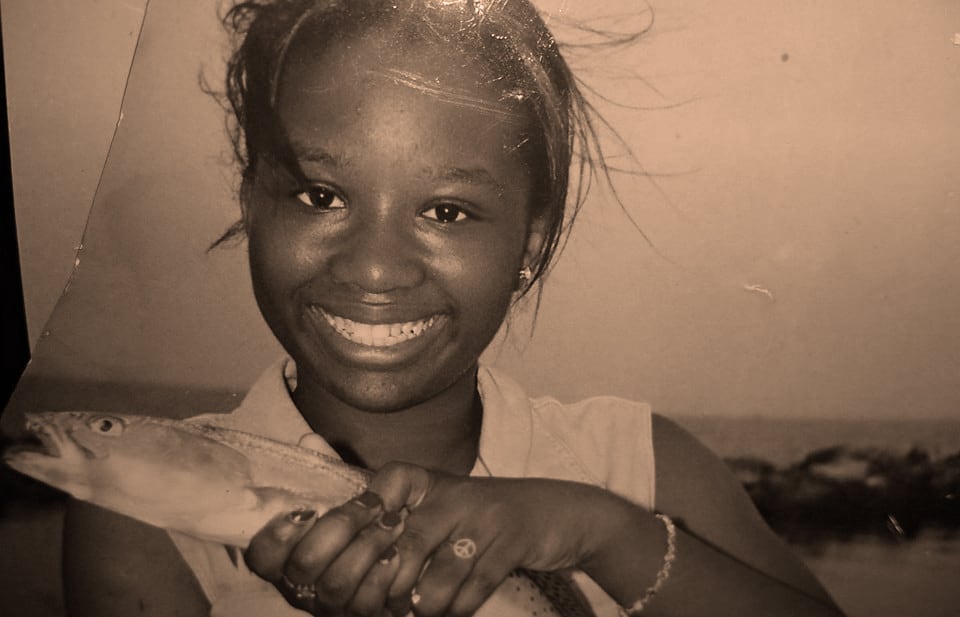
When this picture was taken, I was 16. A teacher/mentor had taken me and another student on a trip to New Orleans to work with other students on a peace project. She had a friend who owned a boat – a black man. He took us to pick out bait, taught us how to bait the fishing line and took us out on the bayou to fish. I remember all the “dawnings” I had that day. It dawned on me that I now knew a black man that owned a boat. It dawned on me that being out of the projects and out in nature was restoring me, making me a different person than all the persons I knew, that I was getting something lots of people I knew would never get. It dawned on me that trying new things – catching the beautiful trout on my first time fishing – was improving my self esteem. That my smile was the widest it had ever been, fueled by the hope and joy of self discovery and a broadened sense of what was possible for me. Its been 26 years since that picture was taken. I’m a privileged girl. I have lived a lot of my dreams. But it’s been immeasurably harder than I thought it would be all those years ago, in so many ways. I pull this picture out when I need to remember the confidence and clarity of purpose I’d found that day.

